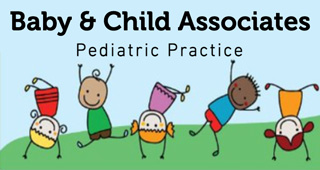Flu, or influenza, is a viral infection that attacks your respiratory system. Influenza is not the same as stomach “flu” viruses that cause diarrhea and vomiting.
The flu usually resolves on its own for most people, but for some complications of influenza can be very serious. Children under age 5, and especially those under 6 months, adults older than 65, pregnant women, people who have weakended immune systems or chronic illnesses, and people who are obese are at a higher risk of developing flu complications.
Symptoms of the flu can seem like a common cold with a runny nose, sneezing, and sore throat, but colds usually develop slowly, whereas the flu tends to come on suddenly. The flu usually makes you feel much worse than a cold.
Common signs and symptoms of the flu include:
- Fever
- Aching muscles
- Chills and sweats
- Headache
- Dry, persistent cough
- Shortness of breath
- Tiredness and weakness
- Runny or stuffy nose
- Sore throat
- Eye pain
- Vomiting and diarrhea, but this is more common in children than adults
